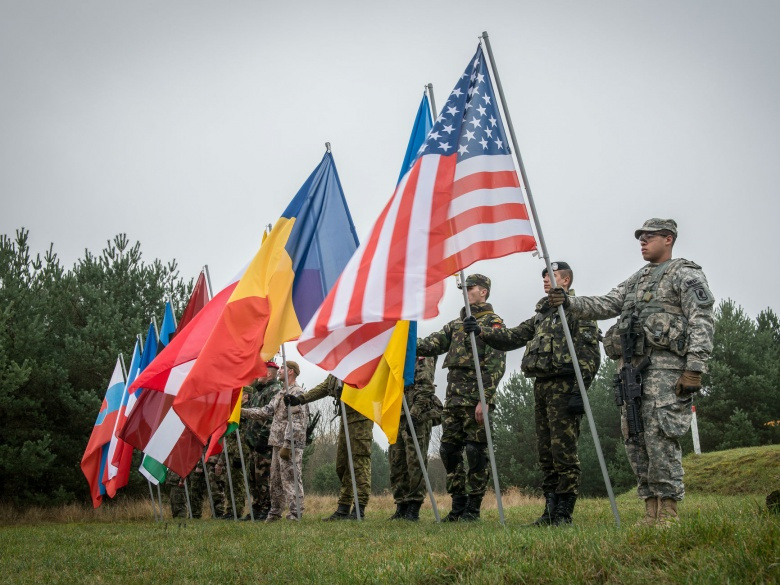
The creation of NATO in 1949 represented the most explicit break with America’s traditional policy of avoiding foreign alliances and generally charting a noninterventionist course. Being drawn into two major wars in little more than a generation—and especially the psychologically devastating attack on Pearl Harbor—had struck a fatal blow to a noninterventionist foreign policy. Even prominent noninterventionists such as Sen. Arthur Vandenberg (R-MI) now conceded that the world had changed and that “isolationism” (a poisonous misnomer) was no longer an appropriate policy for the United States. Joining NATO, the ultimate “entangling alliance” with European powers, confirmed the extent of the shift in Washington’s policy and American attitudes.
It was hard to dispute the argument that the world had changed. There was no semblance of a European or a global balance of power in the late 1940s or early 1950s. Central and Eastern Europe were under the domination of the Soviet Union, a ruthless totalitarian power that posed an expansionist threat of unknown dimensions. Western Europe, although mostly democratic, was badly demoralized from the devastation of World War II and the looming Soviet menace. Even prominent noninterventionists such as Sen. Robert A. Taft (R-OH) were not prepared to cut democratic Europe loose in such a strategic environment. He merely wanted to offer the Europeans a security guarantee without having the United States take the fateful step of joining NATO and assuming virtually unlimited leadership duties for an unknown length of time. Subsequent developments validated his wariness.
NATO partisans insisted that the world had changed with World War II and that the new paradigm required extensive U.S. leadership. The problem with their analysis, especially as the decades have passed, is that they seem to assume that change is a single major event and everything thereafter operates within the new paradigm. But that assumption is totally false. Change is an ongoing process. Today’s Europe is at least as different from the Europe of 1949 as that Europe was from pre–World War II Europe. Yet the institutional centerpiece—NATO—and much of the substance of U.S. policy remain the same.
http://nationalinterest.org/blog/the-skeptics/it-time-america-quit-nato-15615
Ένα καλό κείμενο για δημοσίευση, αλλά για χθές πρώτη του μηνός.
ΑπάντησηΔιαγραφή